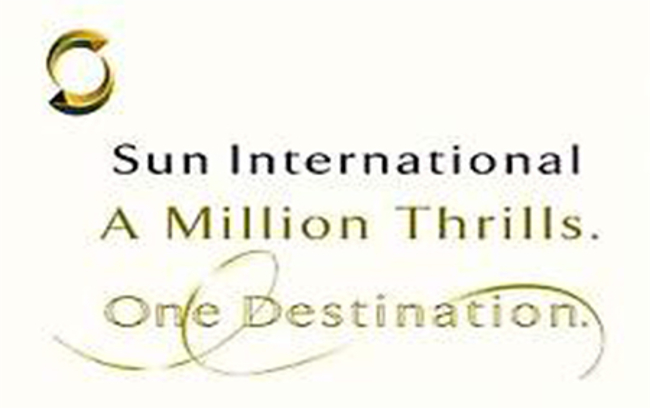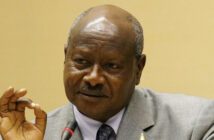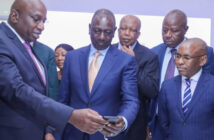Sun International, the South African hotel and gaming group is the latest business to pull out of Nigeria because of weak economic growth and lack of clarity on the policy directions by regulators.
In January Nigeria’s Economic and Financial Crimes Commission (EFCC) launched a probe into Sun International’s initial investment in the Tourist Company of Nigeria, which owns and operates the 5-star Federal Palace hotel in Lagos.
Sun International, which reported a 20 percent fall in diluted adjusted earnings per share (AHEPS) to 628 cents for the year to June, said the Federal Palace had been hit by slow economic growth, the low oil price, the threat from Boko Haram and a weakening naira.
“The board has decided to exit Nigeria and steps will be taken to achieve this in a manner that does not erode further value,” the company said in a statement. “Continued setbacks in Nigeria as well as the ongoing shareholder dispute have frustrated all attempts to develop and improve the property.”
Sun International is the latest South African company to clash with Nigerian authorities after telecoms group MTN was fined for failing to disconnect users with unregistered SIM cards.
Sun International’s decision to exit Nigeria follows food and clothing retailer Woolworths and Tiger Brands, which sold its loss-making Nigerian division to Dangote Industries.
Nigeria is suffering its worst financial crisis in decades as a slump in oil revenues hammers public finances and the naira. The central bank governor has said recession is likely.
Shares in Sun International were down 0.7 percent by 0855 GMT. Reporting its results, the company said poor economic conditions and general negative sentiment in its home market of South Africa resulted in revenue growth at casinos of only 0.8 percent at 7 billion rand ($514.78 million).
“In South Africa, the economic environment remains a serious concern. We do not anticipate any meaningful growth in gaming revenue until there is a recovery in the economy and renewed consumer confidence,” Chief Executive Graeme Stephens said.
The South African Reserve Bank expects economic growth at zero percent this year, due to a severe drought and falling commodity prices.




